Tory leadership election: why tax cuts are an economic gamble
The candidates regard tax cuts as the road to redemption, only differing on the details of how much and how soon

A free daily email with the biggest news stories of the day – and the best features from TheWeek.com
You are now subscribed
Your newsletter sign-up was successful
Senior economics lecturer Alan Shipman on the Tory leadership candidates’ tax cut gamble
Always keen to be identified as the party of low taxation, the Conservatives won the 2019 general election on a promise not to raise income tax, VAT or national insurance. So last year’s national insurance increase was bound to rankle, even though it could feasibly be blamed on the huge costs of Covid.
Now that the Tories are choosing a new leader, it seems that all of the candidates regard tax cuts as the road to redemption. They have only really differed on the details of how much and how soon.
The Week
Escape your echo chamber. Get the facts behind the news, plus analysis from multiple perspectives.

Sign up for The Week's Free Newsletters
From our morning news briefing to a weekly Good News Newsletter, get the best of The Week delivered directly to your inbox.
From our morning news briefing to a weekly Good News Newsletter, get the best of The Week delivered directly to your inbox.
Being seen to lower income tax certainly helped Margaret Thatcher rise to power in 1979 and win two more elections. Subsequent governments (Tory and Labour) made further reductions, while also raising VAT, until the basic rates of both converged at 20% from 2011.
But under Boris Johnson, government receipts rose as a share of GDP to 39%, from 36.5% when David Cameron arrived at Downing Street in 2010.
This rise has come not just from increasing national insurance and reversing previous cuts in corporation tax, but also from freezing the thresholds for income tax. These freezes have pushed many into paying income tax for the first time, or at a higher rate, as their pay goes up – even when wage rises have not kept pace with inflation.
Consumer price inflation has already edged above 8% and is set to reach 11% according to the Bank of England. Lower VAT and fuel duty would immediately restrain the headline rate. And those pitching to be the new UK prime minister seem agreed that a cut in income tax could immediately help households deal with rising prices.
A free daily email with the biggest news stories of the day – and the best features from TheWeek.com
Cutting public spending
Some of the leadership contenders have also been keen to emphasise the link between low tax and “small government” – stressing their commitment to cutting public spending. The idea is that trimming the government’s expenses – through a mixture of privatisation, less welfare dependency and greater efficiency – would allow it to tax less without running a wider deficit and borrowing more.
But matching tax cuts with spending cuts is never easy, especially after years of pre-pandemic austerity. It would be difficult telling workers in healthcare, education and transport that they must accept smaller budgets and less pay after over two years on the Covid front line.
It’s also far from easy to cut spending on the public sector when it remains the the main provider of healthcare and social care for an ageing society. And while the war in Ukraine rages on, refusing urgent pleas for more resources for defence would be a tough political sell.
Yet other candidates have argued that planned tax cuts would essentially pay for themselves. If they kick-start business-sector growth, the public sector will take up less of the UK’s GDP, without the need for drastic cuts to services. The theory is that lower taxes on households can encourage people to work harder, reducing their need for state support. Likewise, reducing tax on companies might lead them to invest more in new technologies and training – unblocking the stagnant productivity growth which has hampered pay levels for over a decade.
This “supply side” case for tax cuts – that they end up invigorating the economy – gained strength from the eventual boom seen under Thatcher’s premiership. Some economists are again making the case that it’s mainly high taxes that are holding back the UK’s economic performance.
In practice, however, Thatcher’s policies raised the overall tax take in the UK. And recent research suggests that tax cuts do more to boost the incomes of the well paid than those on average pay.
Gambling with inflation
Indeed, cutting taxes without a reduction in public spending might actually fuel inflation by stoking demand. That’s why leadership contender Rishi Sunak, who resigned as chancellor, continues to speak up for current tax-raising plans, promising cuts no sooner than 2023.
Whoever does become the next leader of the Conservatives, and prime minister, should also bear in mind that switching from austerity towards economic expansionism after a crisis hasn’t always worked. In 1972, the Conservative prime minister Edward Heath and his chancellor Anthony Barber responded to global energy shock, high inflation and impending recession with a “dash for growth” – spending more while keeping taxes down – and letting the budget deficit widen in the hope of a similar supply-side transformation.
This kind of of fiscal stimulus, spending more on industrial policies to boost investment, often stimulates output more effectively than tax cuts, at least in the short term.
Fifty years ago, Heath’s belief that a more relaxed budget would spark a recovery led by investment and exports was strengthened by there being a pool of unemployed labour, and new trade opportunities in Europe’s Common Market, which the UK had just agreed to join. But hopes of 10% growth soon gave way to higher inflation and renewed downturn.
Today, amid a chronic labour shortage and other supply constraints, some linked to Brexit, the new Conservative dash for growth through wide ranging tax cuts will be an even bigger gamble.
Alan Shipman, senior lecturer in economics, The Open University.
This article is republished from The Conversation under a Creative Commons license. Read the original article.
-
 Why is the Trump administration talking about ‘Western civilization’?
Why is the Trump administration talking about ‘Western civilization’?Talking Points Rubio says Europe, US bonded by religion and ancestry
-
 Quentin Deranque: a student’s death energizes the French far right
Quentin Deranque: a student’s death energizes the French far rightIN THE SPOTLIGHT Reactions to the violent killing of an ultraconservative activist offer a glimpse at the culture wars roiling France ahead of next year’s elections
-
 Secured vs. unsecured loans: how do they differ and which is better?
Secured vs. unsecured loans: how do they differ and which is better?the explainer They are distinguished by the level of risk and the inclusion of collateral
-
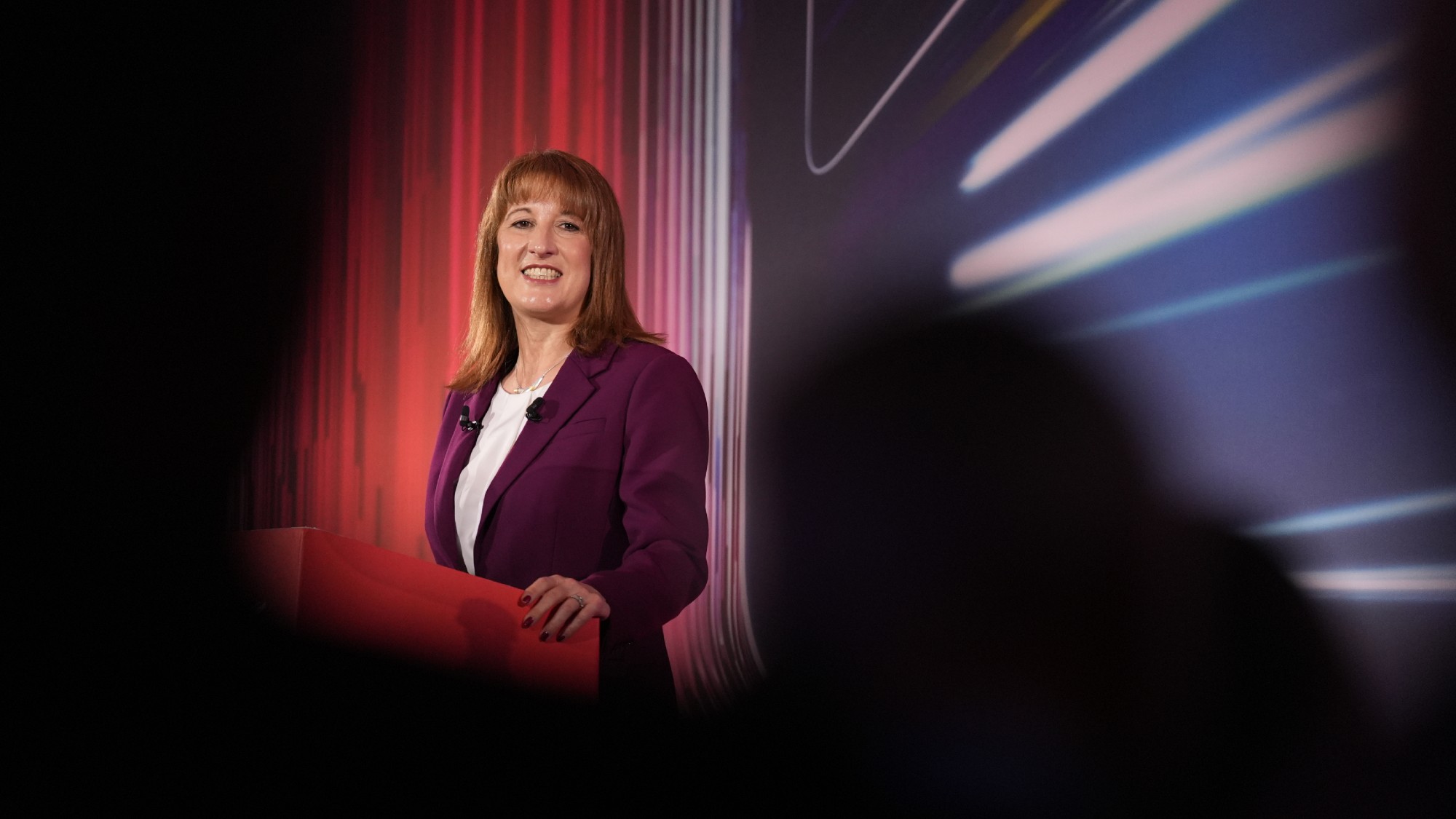 Autumn Budget: will Rachel Reeves raid the rich?
Autumn Budget: will Rachel Reeves raid the rich?Talking Point To fill Britain’s financial black hole, the Chancellor will have to consider everything – except an income tax rise
-
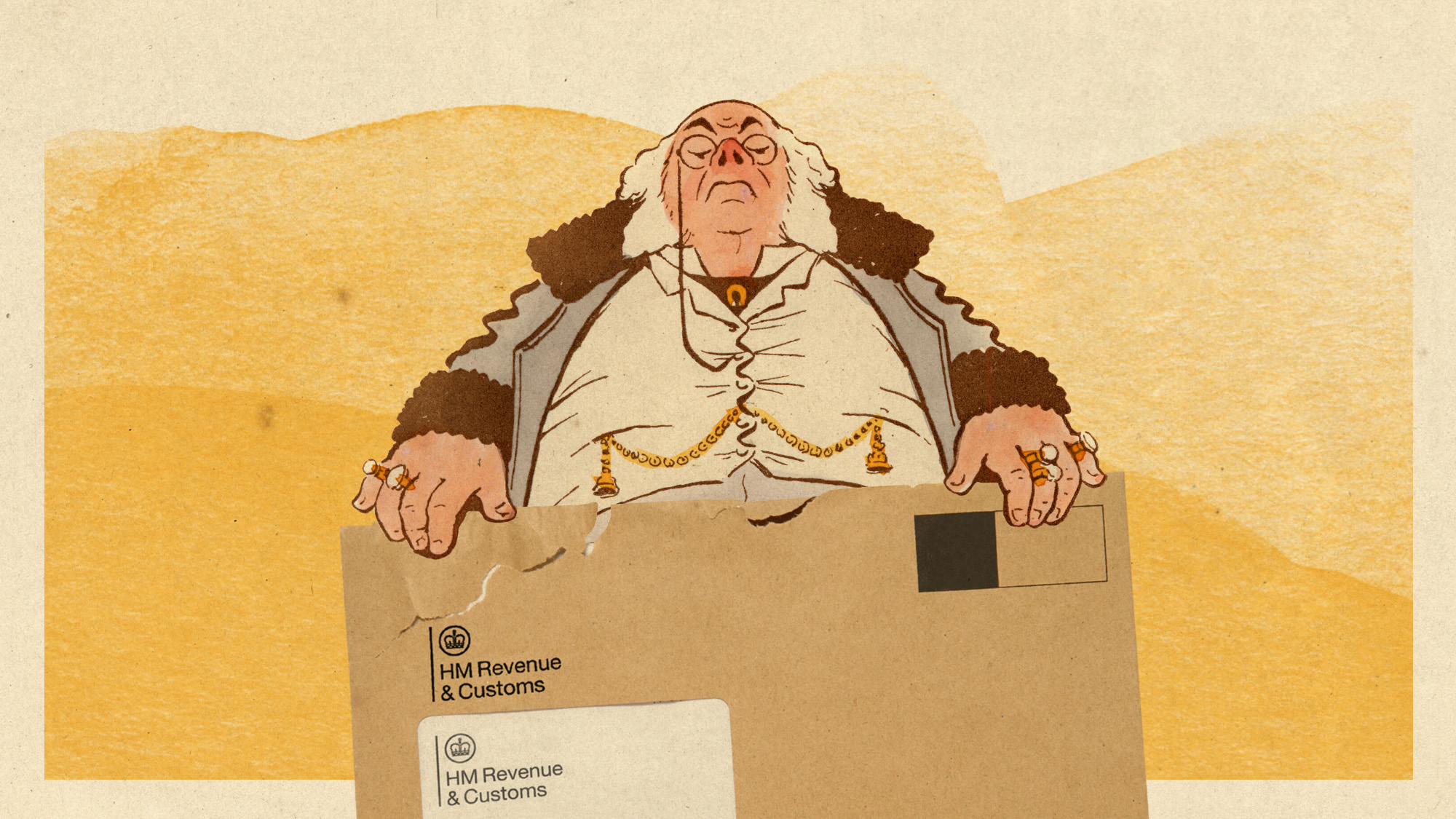 Pros and cons of a wealth tax
Pros and cons of a wealth taxPros and Cons Raising revenue and tackling inequality vs. the risk of capital flight and reduced competitiveness
-
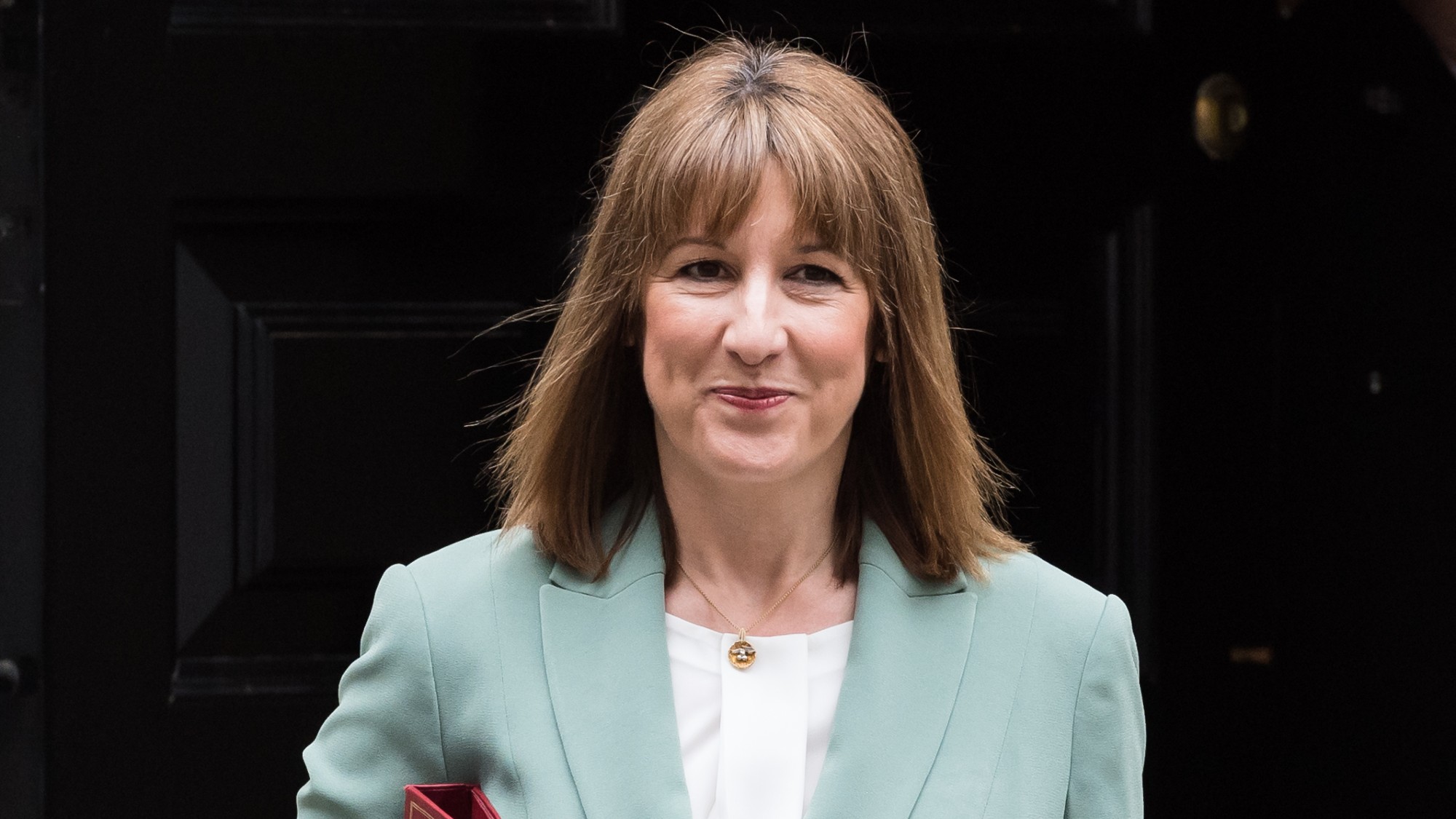 Is Rachel Reeves going soft on non-doms?
Is Rachel Reeves going soft on non-doms?Today's Big Question Chancellor is reportedly considering reversing controversial 40% inheritance tax on global assets of non-doms, after allegations of 'exodus' of rich people
-
 Foreigners in Spain facing a 100% tax on homes as the country battles a housing crisis
Foreigners in Spain facing a 100% tax on homes as the country battles a housing crisisUnder the Radar The goal is to provide 'more housing, better regulation and greater aid,' said Spain's prime minister
-
 What's next for electric vehicles under Trump?
What's next for electric vehicles under Trump?Today's Big Question And what does that mean for Tesla's Elon Musk?
-
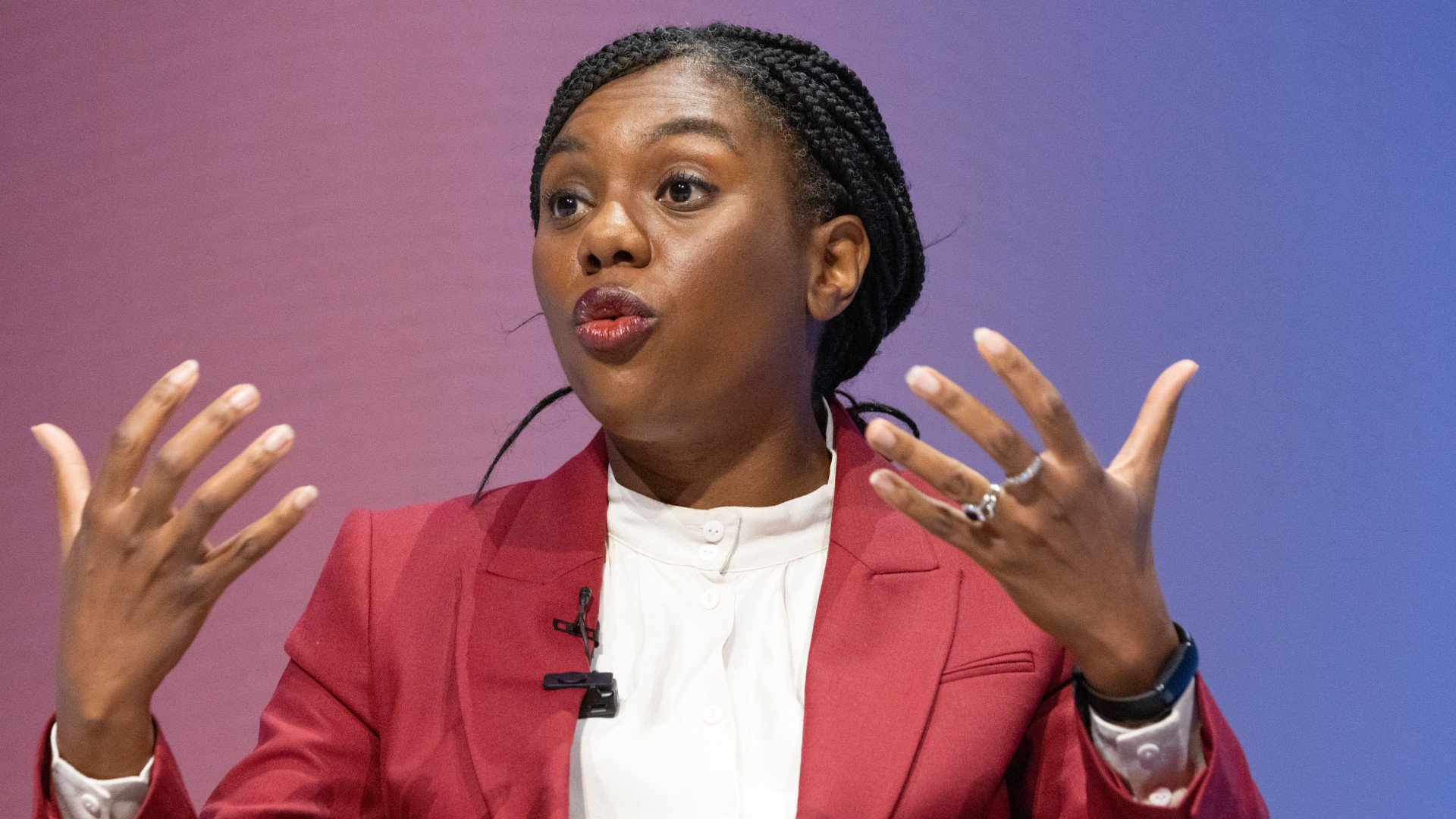 The row over UK maternity pay
The row over UK maternity payTalking Points Tory leadership hopeful Kemi Badenoch implied that taxpayer-funded benefit was 'excessive' and called for 'greater responsibility'
-
 Will the UK economy bounce back in 2024?
Will the UK economy bounce back in 2024?Today's Big Question Fears of recession follow warning that the West is 'sleepwalking into economic catastrophe'
-
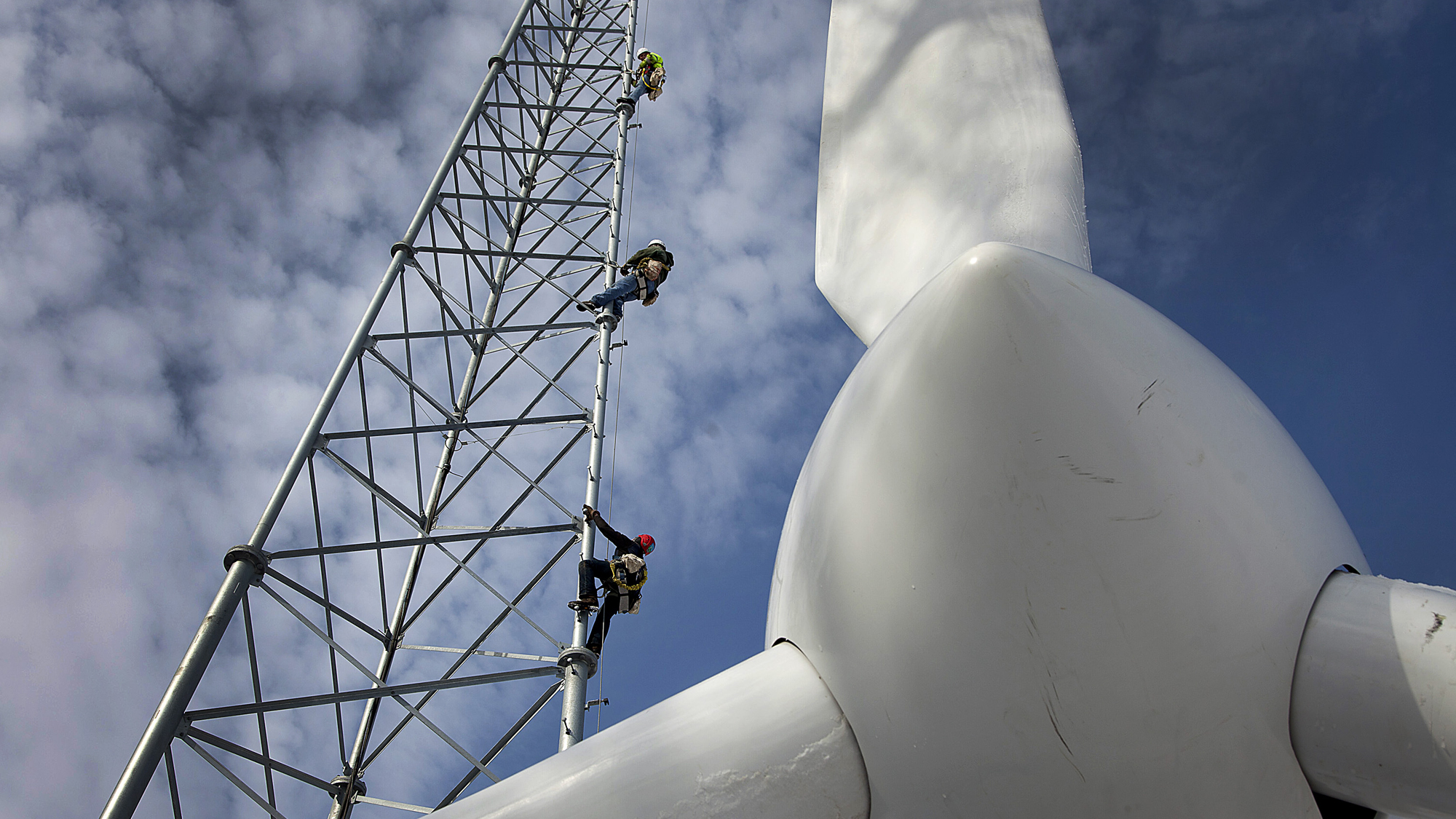 America's most in-demand job
America's most in-demand jobFeature And more of the week's best financial insight